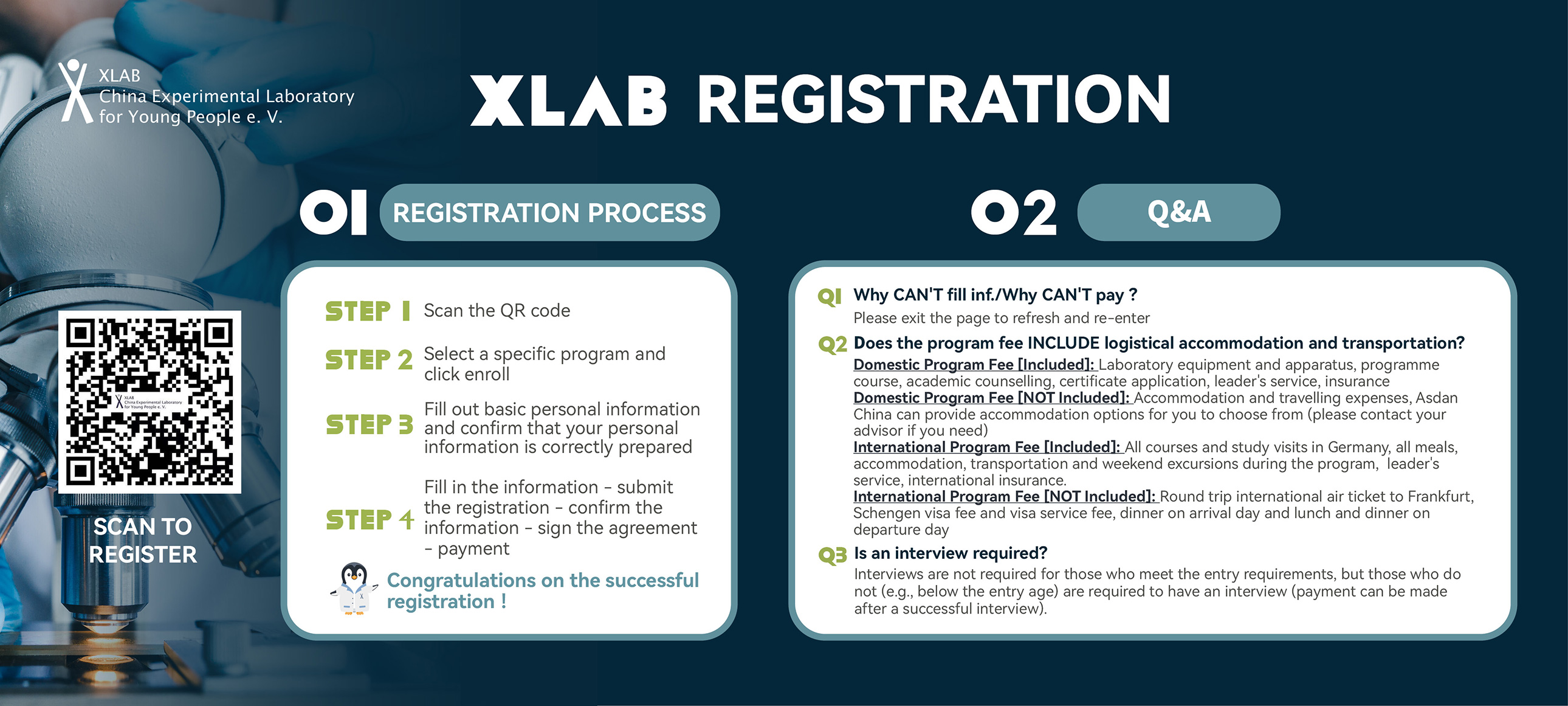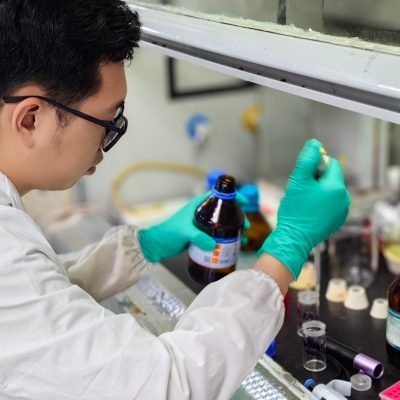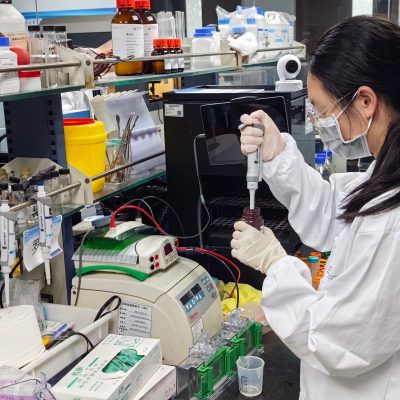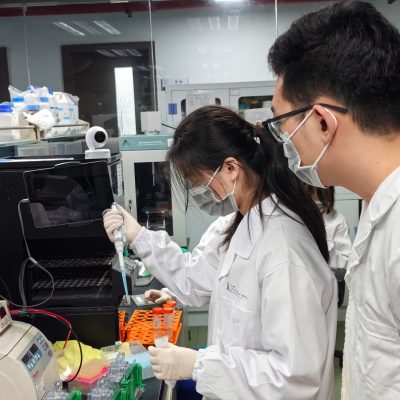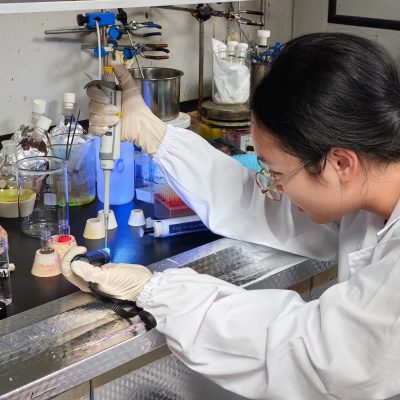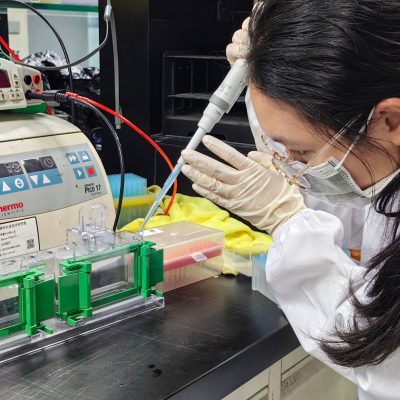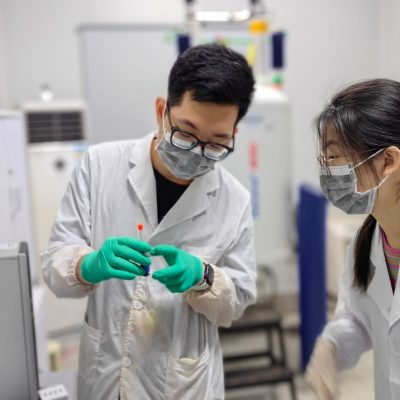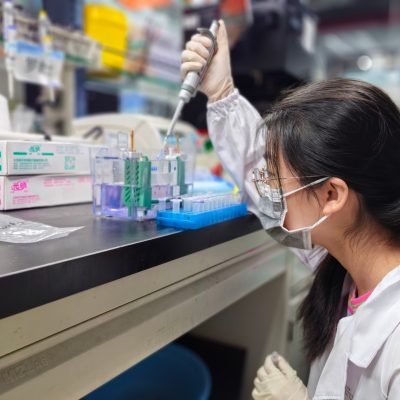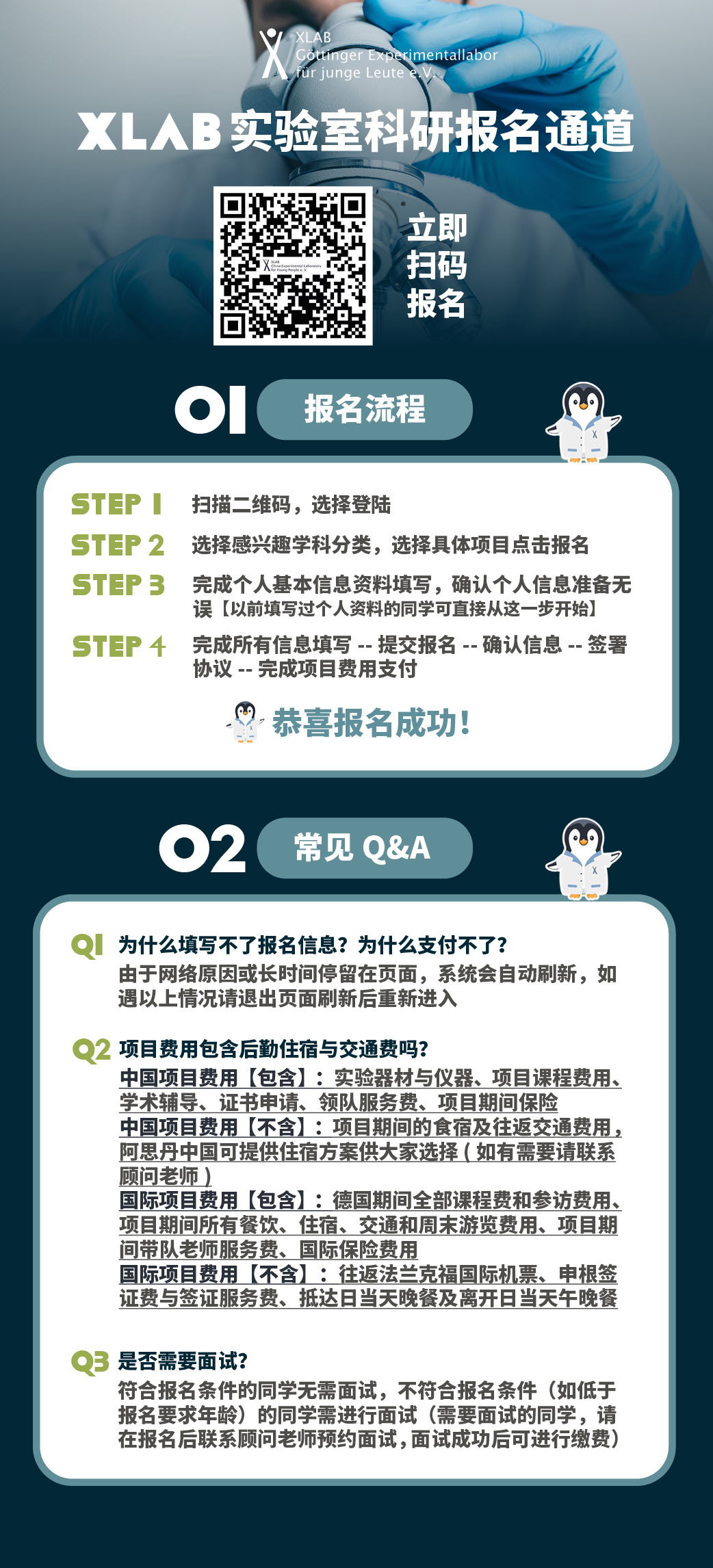Efficient Recycling and Environmentally Sustainable Utilization of New Energy Power Batteries
 Shenzhen
Shenzhen
Feb.24th - Feb.28th
# Physics # Chemistry # Environmental Engineering # Materials Engineering
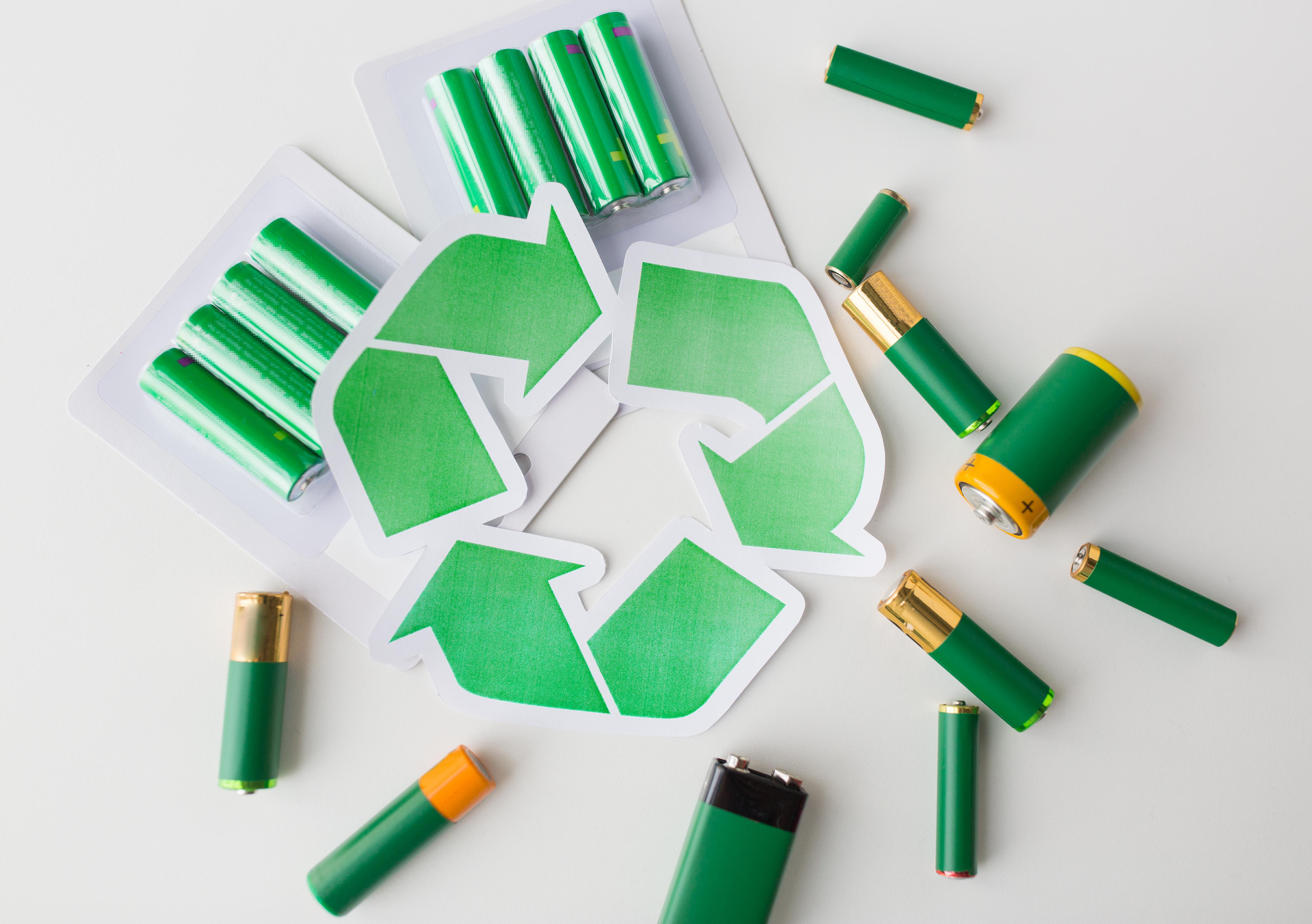
Power batteries are energy storage devices that supply power to electric vehicles (EVs), plug-in hybrid electric vehicles (PHEVs), and hybrid electric vehicles (HEVs), which directly determine a vehicle’s range, power performance, safety, and cost. With the rapid growth of the global new energy vehicle industry, the issue of retired power batteries is becoming increasingly prominent. The recycling and resource utilization of these batteries have emerged as crucial aspects of sustainable development in the sector. It is estimated that China will see millions of tons of retired power batteries by 2030. The battery recycling industry is poised for explosive growth, forming a complete green industrial chain.
This course, led by experts specializing in advanced power battery recycling technologies, focuses on the recovery of new energy vehicle power batteries. Students will analyze industry trends, compare recycling methods (physical/chemical), and explore second-life applications (e.g., in energy storage) to enhance battery value, gain a solid understanding of power battery composition, production, and recycling technologies, recognize the significant role of advanced recycling technologies in sustainable development, and provide technical support for promoting the green and sustainable development of the new energy industry.
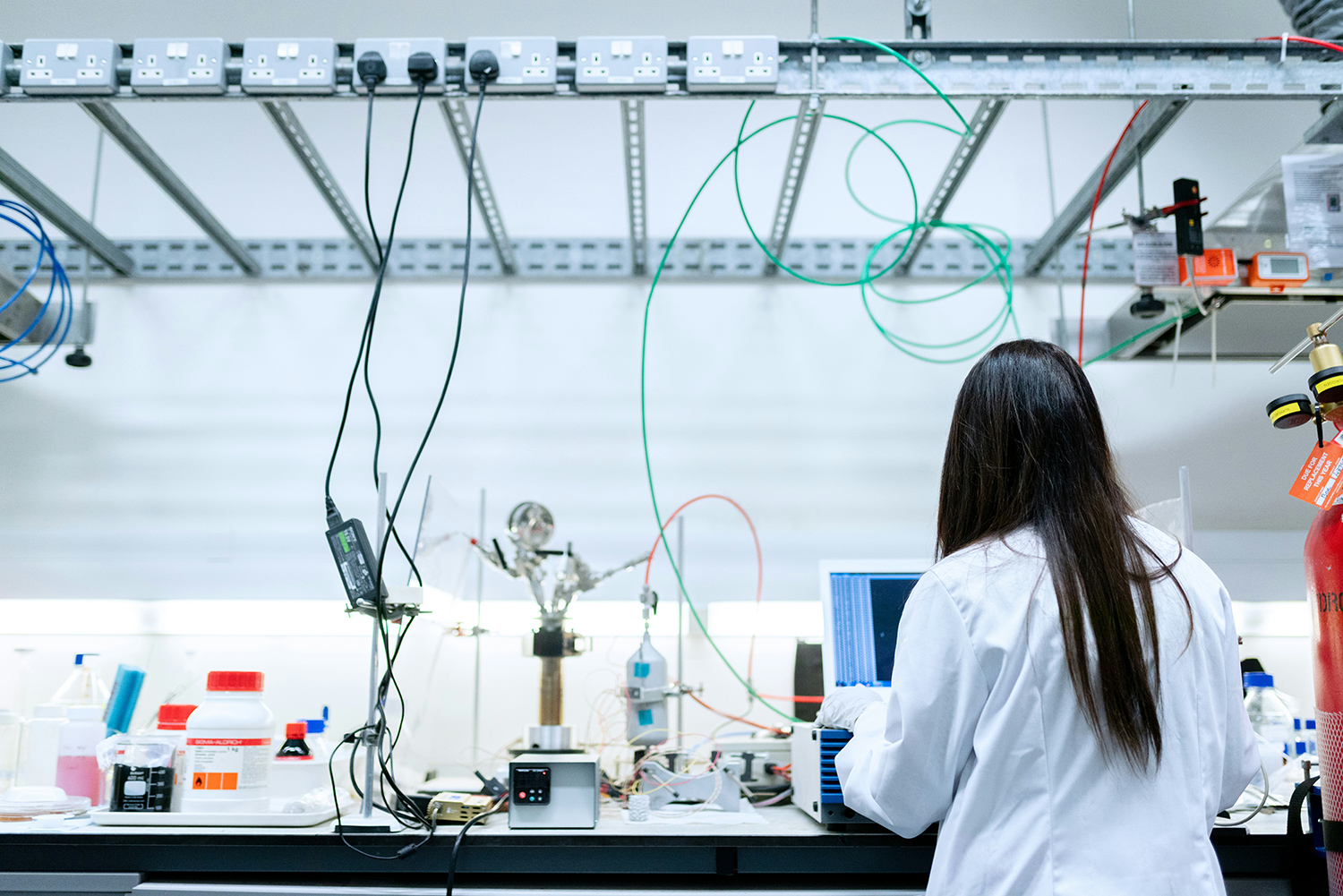
Teaching Faculty
Experts in the field of advanced power battery recycling technologies from the national research institute are specially invited.
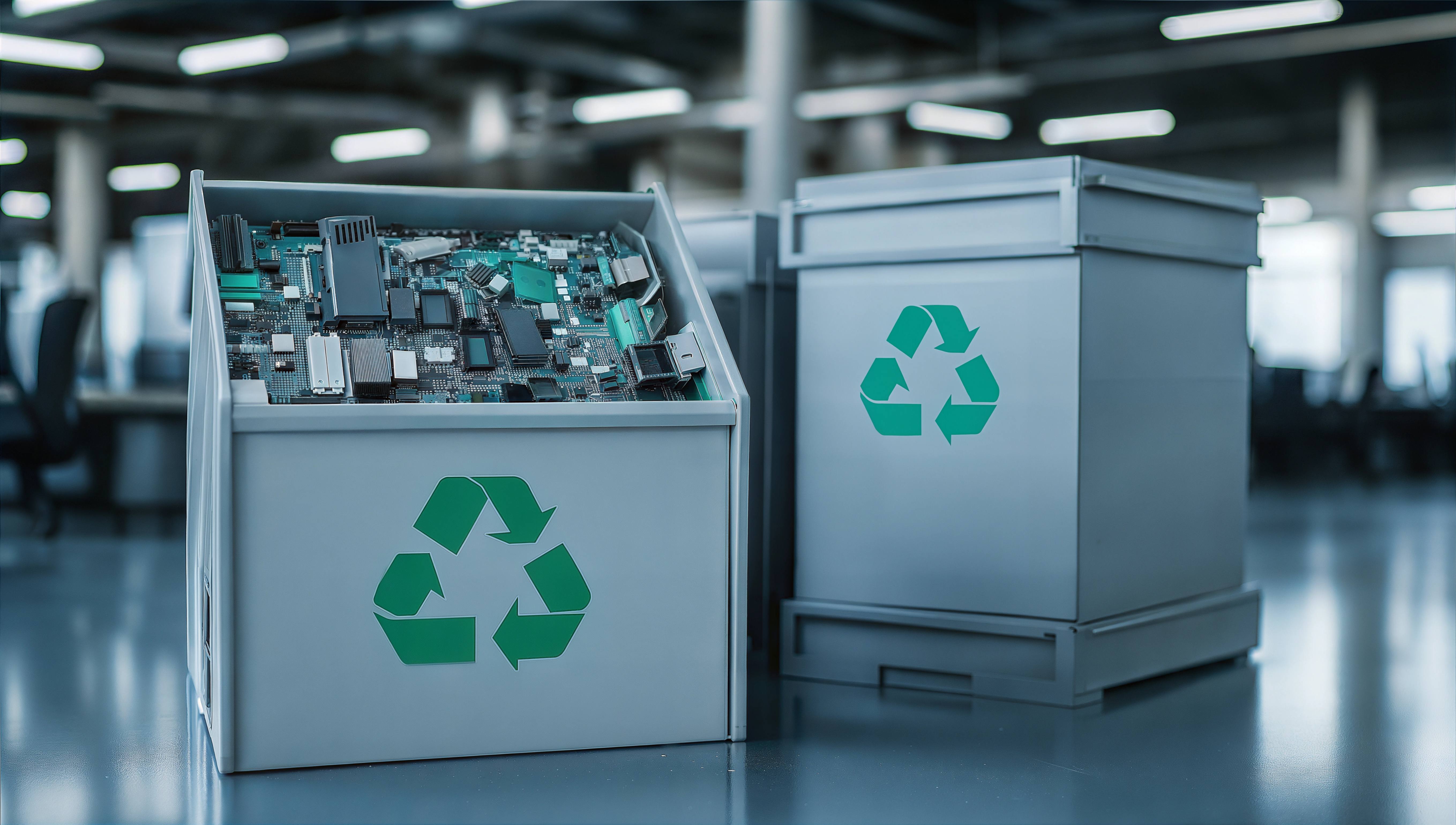
Cutting-edge Topics
Systematically learn the fundamental theories of battery power components, the theory and technology for battery preparation and recycling.
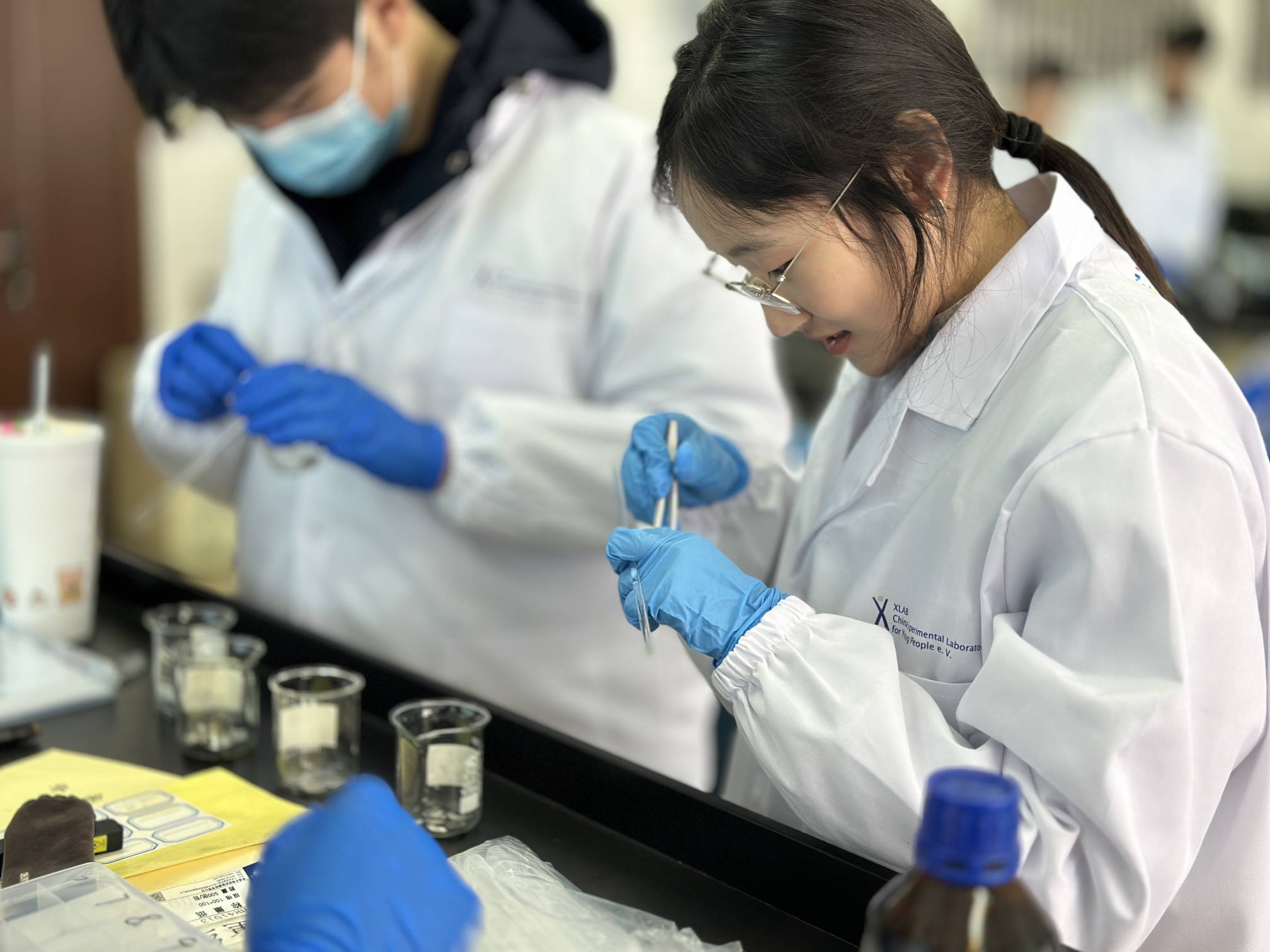
Real Lab Practice
Conduct experiments such as the preparation of batteries, testing charge-discharge performance, and the recycling and reuse of power batteries.
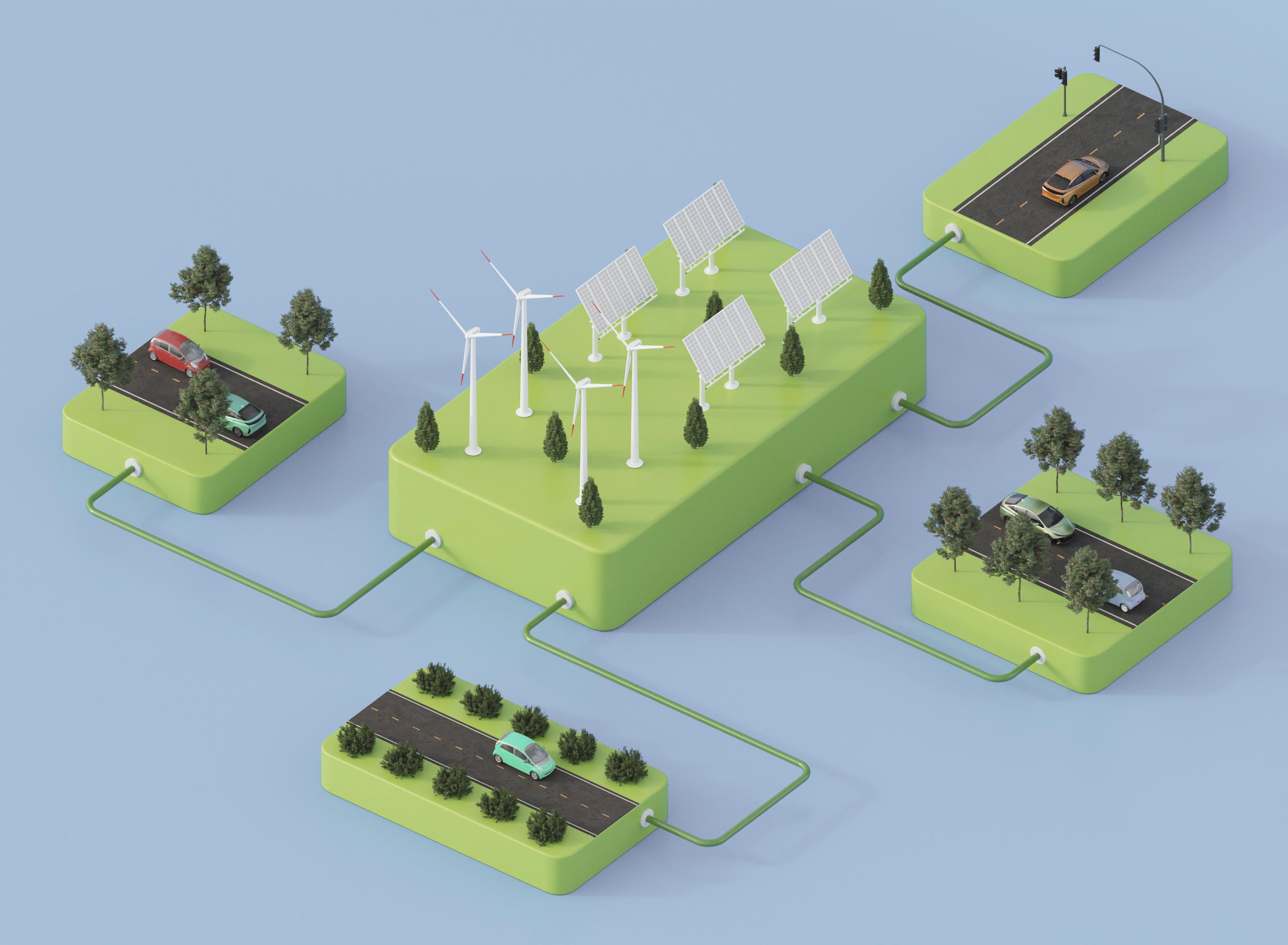
Outcome Application
Research outcomes for promoting technological support for the sustainable development of new energy.
Main Experiments
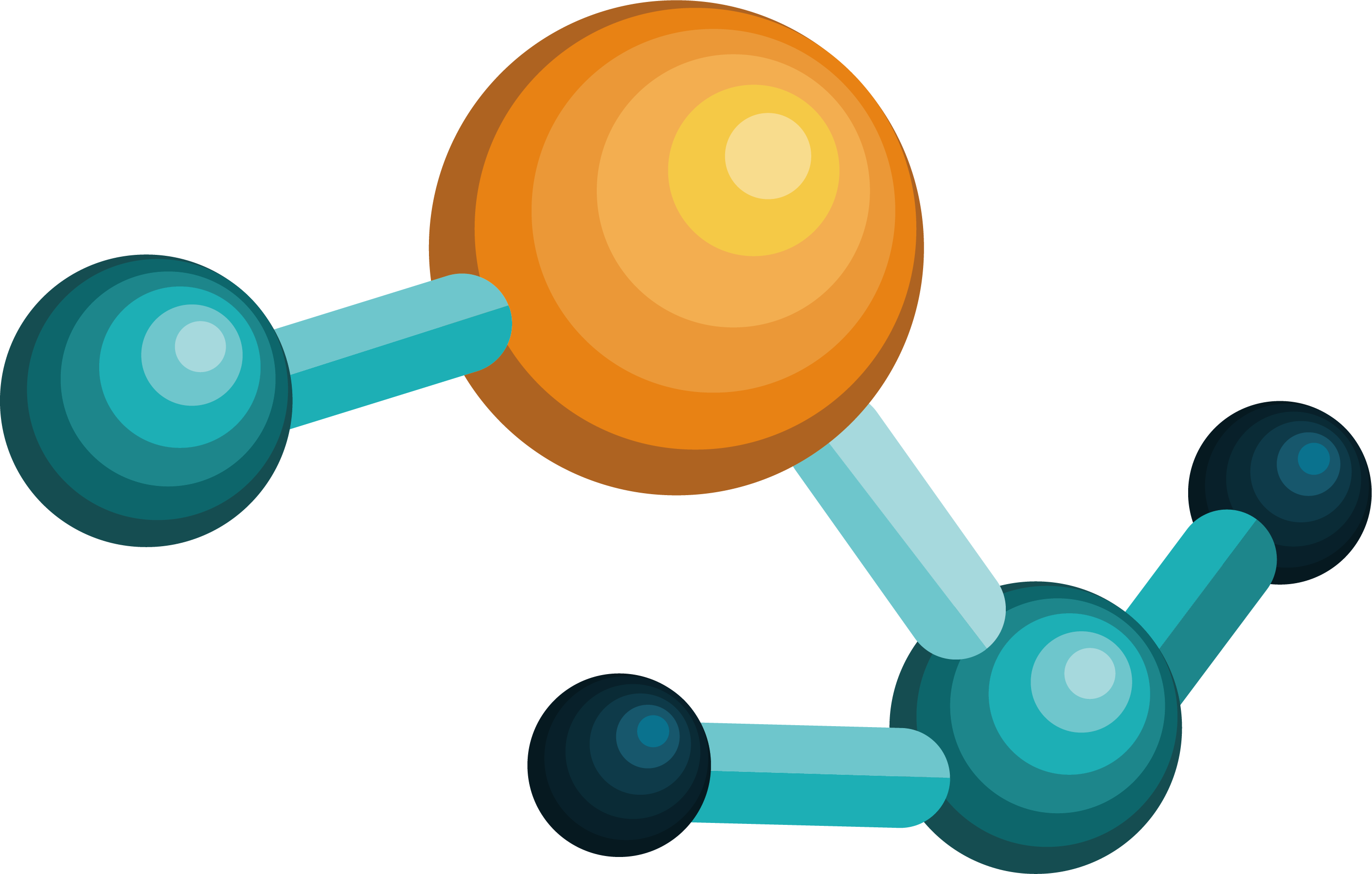
Preparation of Battery Electrode Materials
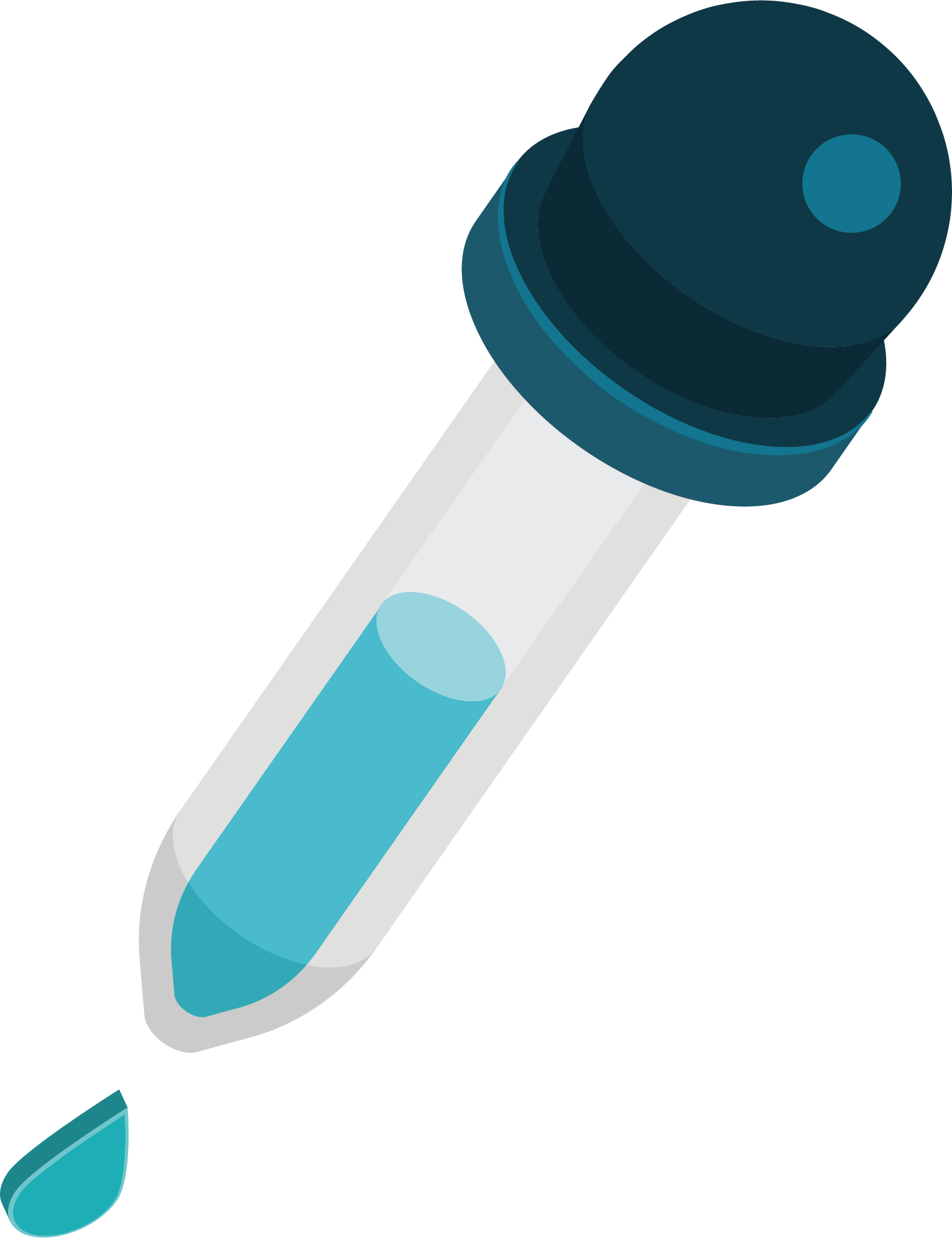
Electrochemical Performance Testing
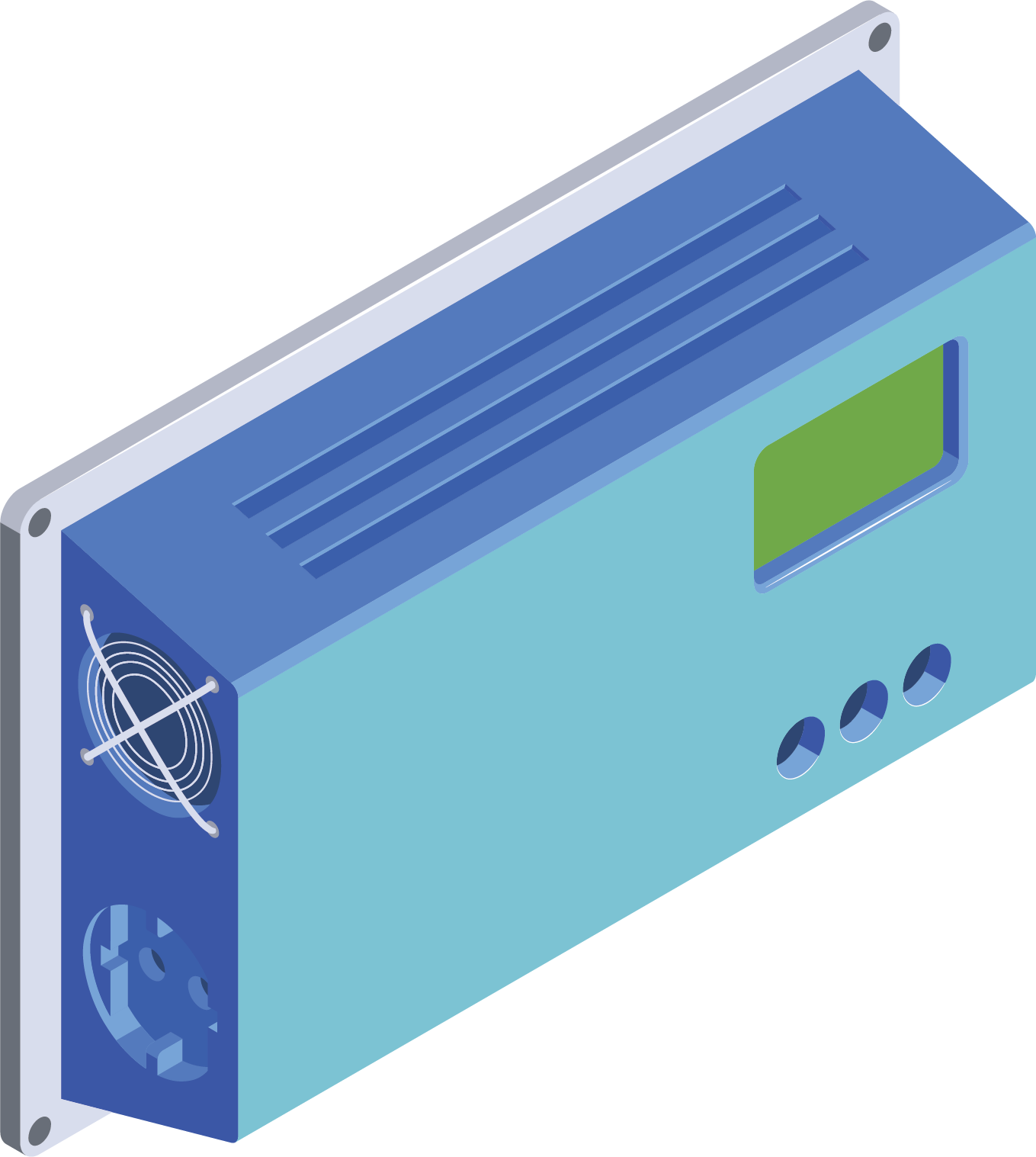
Power Battery Recycling and Utilization Experiments

Battery Disassembly and Electrode Acid Leaching
Preparation of Battery Electrode Materials
Electrochemical Performance Testing
Power Battery Recycling and Utilization Experiments
Battery Disassembly and Electrode Acid Leaching
日程表
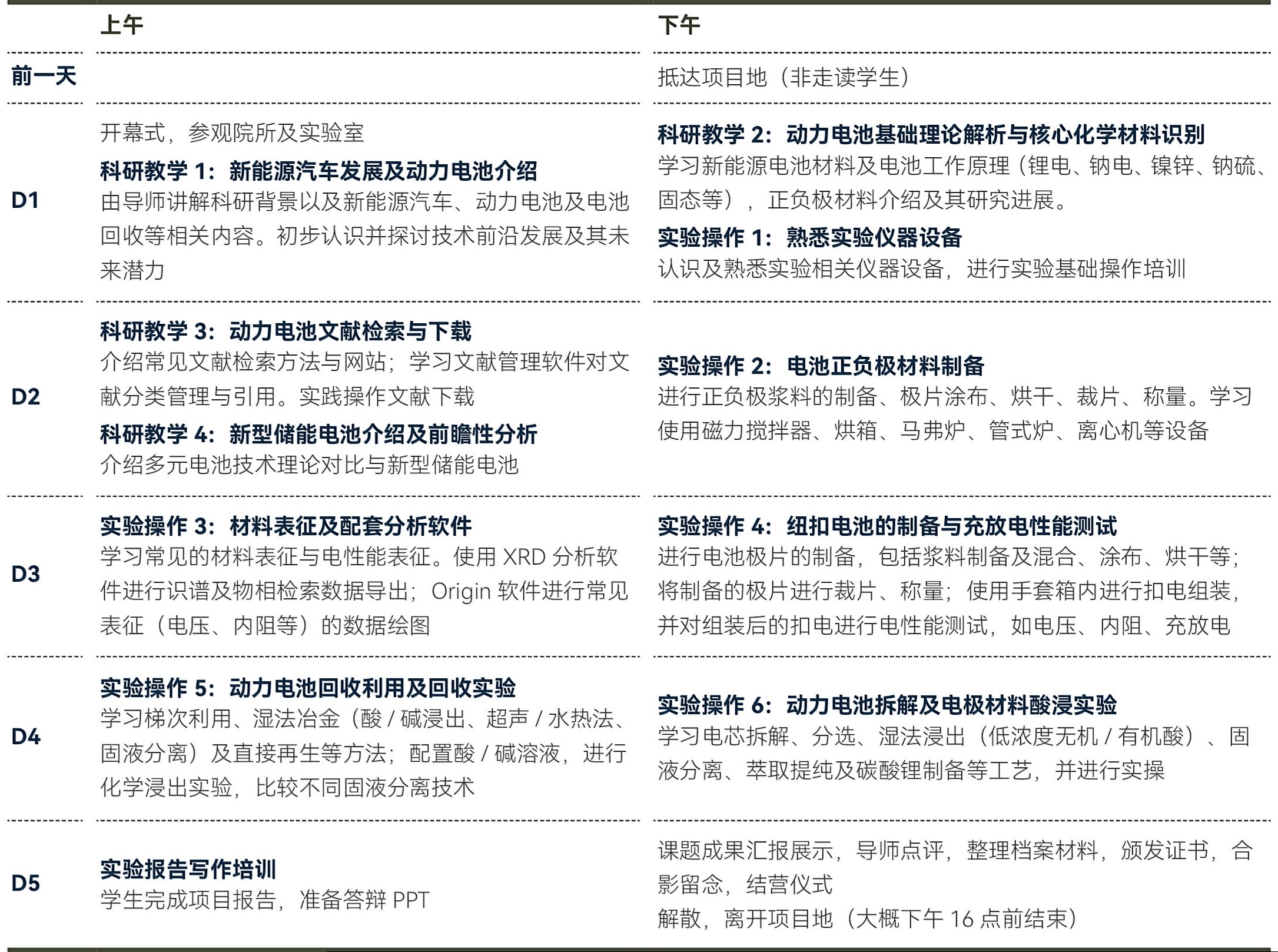
*日程供参考,可能会根据具体情况调整顺序或微调内容
Certificates
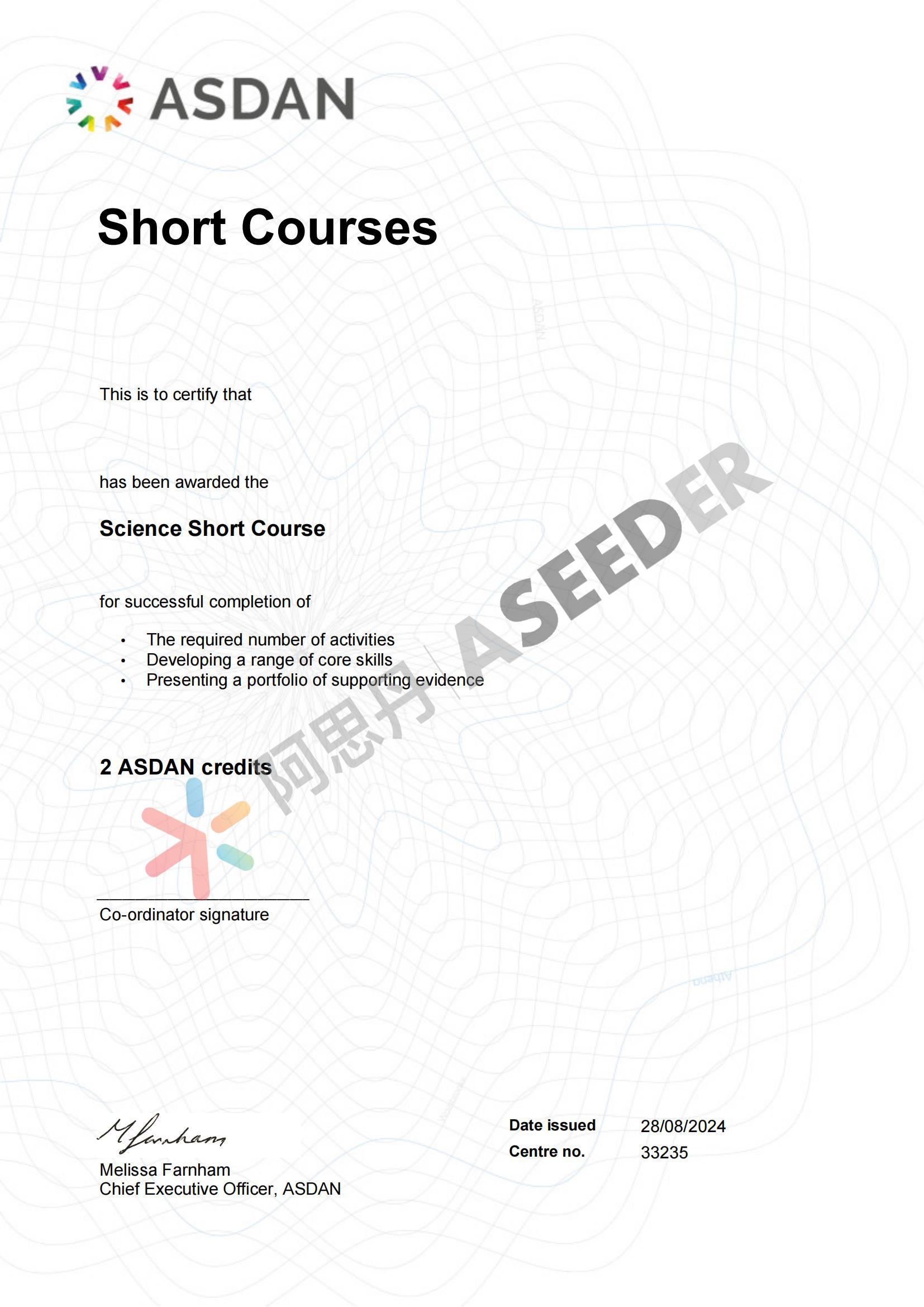
ASDAN SCIENCE 证书
UCAS 官方推荐的 ASDAN SCIENCE SHORT COURSES CREDIT
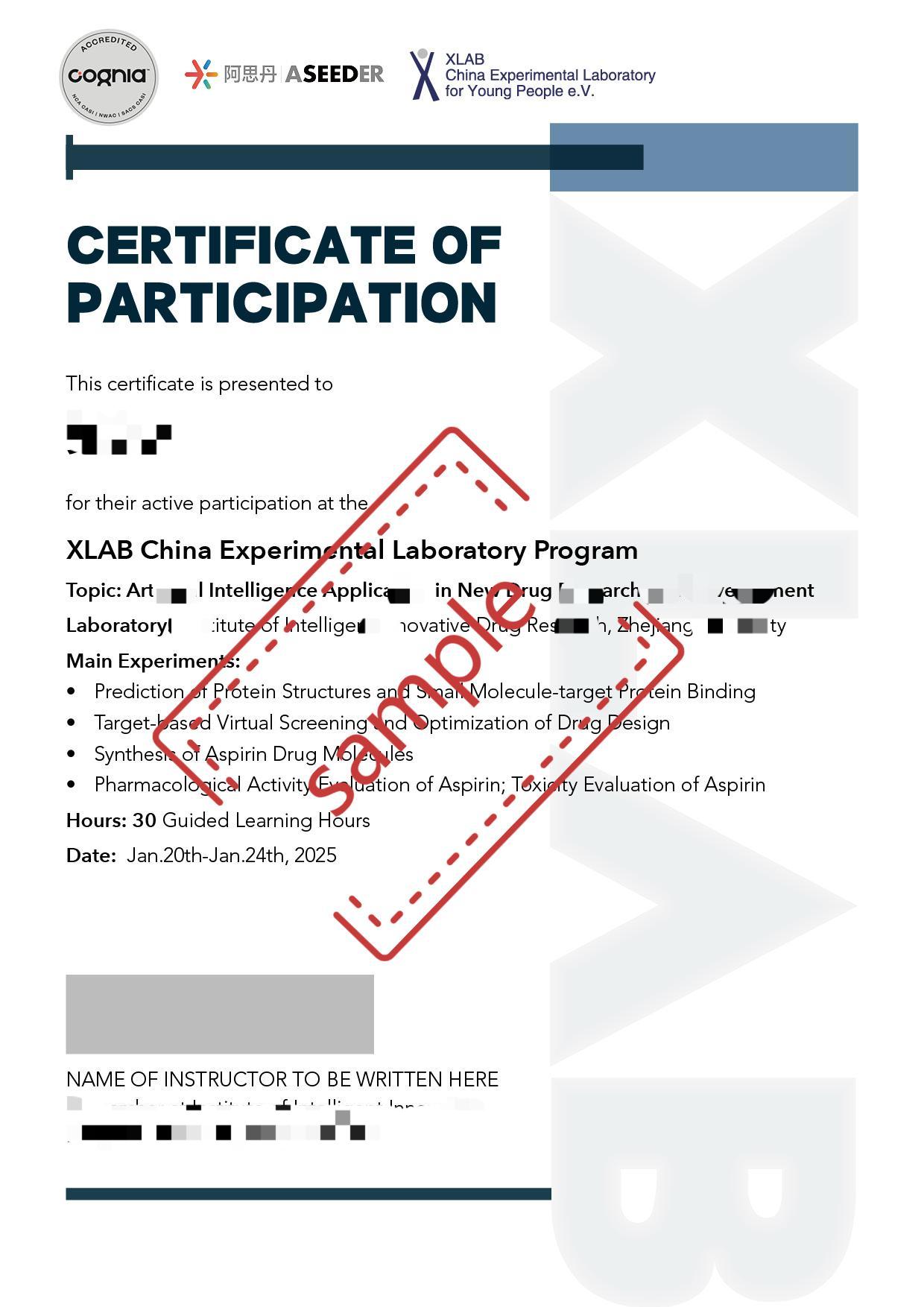
XLAB中国官方结业证书
*证书sample仅为参考,具体证书内容可能会根据当期课程内容微调,以实际发放为准
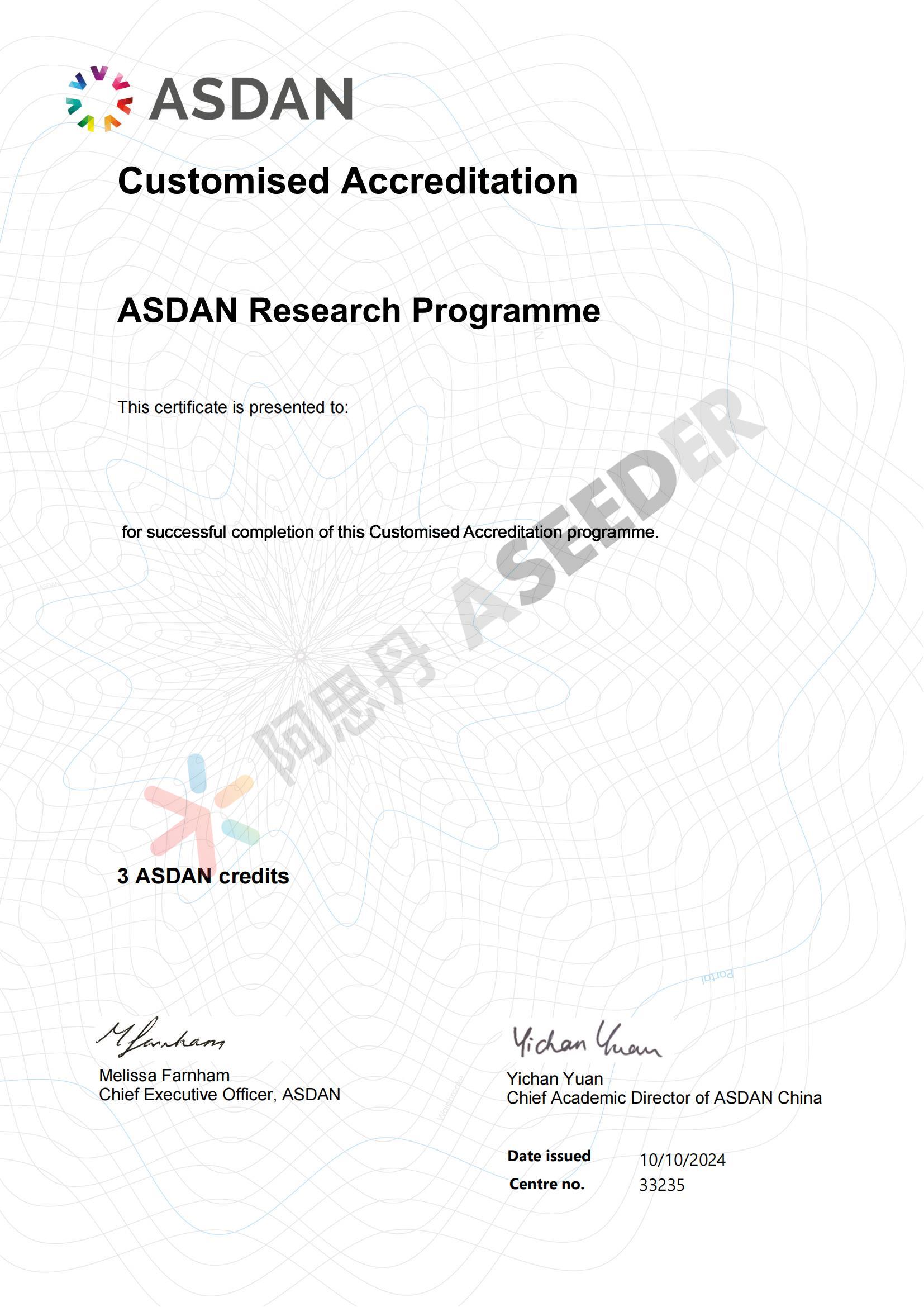
ASDAN Research证书
(可选,需完成后续学术产出)
.png)
科研院所证书
*证书sample仅为参考,具体证书内容可能会根据当期课程内容微调,以实际发放为准

项目感言
-
 通过NMR去进行有机分析是我收获最大的一个实验环节之一 。从制备样品到将样品放入仪器再到通过电脑操作合成谱图,这过程让我对NMR有了更深的理解,,并对于之后文书内容填写给予了材料。
通过NMR去进行有机分析是我收获最大的一个实验环节之一 。从制备样品到将样品放入仪器再到通过电脑操作合成谱图,这过程让我对NMR有了更深的理解,,并对于之后文书内容填写给予了材料。—— 深大师院国际高中(南山校区) 周同学

-
 我收获最大的是小鼠活体成像实验,有机会能够更近距离的观察荧光在进入小鼠体内后的反应,同时让我更多的了解到了荧光探针的多方面的应用和在未来的重要应用。通过这次试验极大加深了我对于药学专业的兴趣,也让我在对于自身学习能力与兴趣评估后,更加坚定了对于这一专业的选择。
我收获最大的是小鼠活体成像实验,有机会能够更近距离的观察荧光在进入小鼠体内后的反应,同时让我更多的了解到了荧光探针的多方面的应用和在未来的重要应用。通过这次试验极大加深了我对于药学专业的兴趣,也让我在对于自身学习能力与兴趣评估后,更加坚定了对于这一专业的选择。—— 兰州碧桂园学校 王同学

-
 合成荧光材料的环节让我收获最大,让我体验到了专业的有机实验室,学会了非常多的专业知识,比以往自己在家做的实验体验都要好得多,也帮助我更深入的了解到了我未来留学专业的日常和实验或工作的环境。
合成荧光材料的环节让我收获最大,让我体验到了专业的有机实验室,学会了非常多的专业知识,比以往自己在家做的实验体验都要好得多,也帮助我更深入的了解到了我未来留学专业的日常和实验或工作的环境。—— 成都外国语学校 蔡同学

精彩瞬间
Why Us
History
XLAB has a 20+ year history. It was initiated by Professor Neher of the University of Göttingen in Germany and strongly supported by the German government and the University of Göttingen. XLAB, centered around high-end scientific experiments, is widely favored by over 10,000 students yearly. XLAB has established practice centers worldwide, aiming to expand this unique concept and teaching method to reach more students.
XLAB aims to enable more people to learn and experience the joy of science, encouraging them to explore the mysteries of science and consider how to use science to solve human problems. Therefore, XALB's subjects are generally more complex in physics, biology, or medicine. Instead, they focus more on interdisciplinary, cutting-edge topics such as genetic engineering, medical research, nanobiology, medical chemistry, high-energy physics, and more.
Subject
Experiment
Experiments are the core of the XLAB. Each participant can enter advanced laboratories to conduct safe experiments, analyze data, and write experiment reports. Over six hours of scientific research daily enhances students' scientific knowledge and logical thinking and cultivates concentration and endurance. Students will be able to experience the work content and status firsthand and consider whether to choose a research direction in future education.
The courses in XLAB are unique. They consist of four key modules: Subject Introduction and Program Thinking, Scientific Research Teaching, Laboratory Operations, Experimental Data Analysis, and Research Report Writing. All courses are taught in small groups of 10 to 25 students.
Course
Faculty
Experts are invited to design experiments and teach students since the topics and content of XLAB exceed the curriculum of high schools and are specialized in specific research areas. Relevant scientific research institutions support XLAB China and provide an in-depth academic experience for Chinese students based on its unique teaching methods and experimental requirements.
Two authoritative certificates are available: the XLAB Program Certificate of Participation, which details the experimental content and is signed by instructors. Students will complete an academic report containing experimental results and data analysis to apply for the ASDAN "Science Award" Certificate for 30 credit hours of study officially accredited by UCAS.
Certificate
Research
XALB provides invaluable research scenarios for students who plan or are currently engaged in natural science research-oriented learning, such as EPQ or scientific papers, to implement their research plans and participate in hands-on scientific research. Experimental reports can be considered as part of their research achievements.

